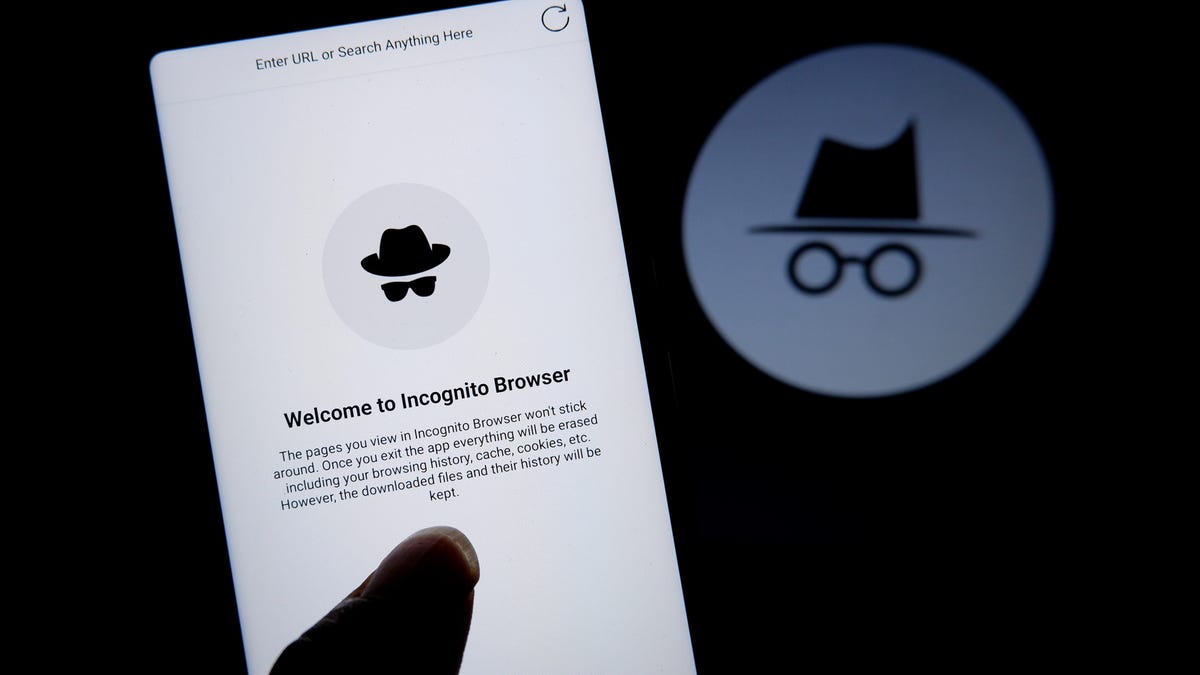Google must face $5B lawsuit over tracking private internet use, judge rules
Judge finds tech giant didn't notify users their data could still be collected in incognito mode.

Google is under fire for information it allegedly collects from users in incognito mode.
Google failed to win dismissal of a lawsuit alleging it collects users' data on internet activity even when they browse in a browser's private incognito mode. The lawsuit, filed in June, alleges Google violates wiretapping and privacy laws by continuing to "intercept, track, and collect communications" even when people use Chrome's incognito mode and other private web browser modes.
A federal judge on Friday denied the tech giant's request for dismissal of the lawsuit, which seeks class action status.
"The court concludes that Google did not notify users that Google engages in the alleged data collection while the user is in private browsing mode," US District Judge Lucy Koh in San Jose, California, wrote in her ruling.
The ruling comes amid continuing scrutiny of tech giants such as Google and Facebook how much data companies have gathered from consumers. Google said last year it would phase out third-party cookies that track a person's individual browsing across websites and target ads to them based on their activity.
The lawsuit, which seeks at least $5 billion from Google and its parent company, Alphabet, alleges the company surreptitiously collects data through Google Analytics, Google Ad Manager, website plug-ins and other applications, including mobile apps.
Google didn't immediately respond to a request for comment but has earlier said it disputes the claims, adding that each time users open a new incognito tab, they are informed that websites might be able to collect information about their browsing activity during your session.

